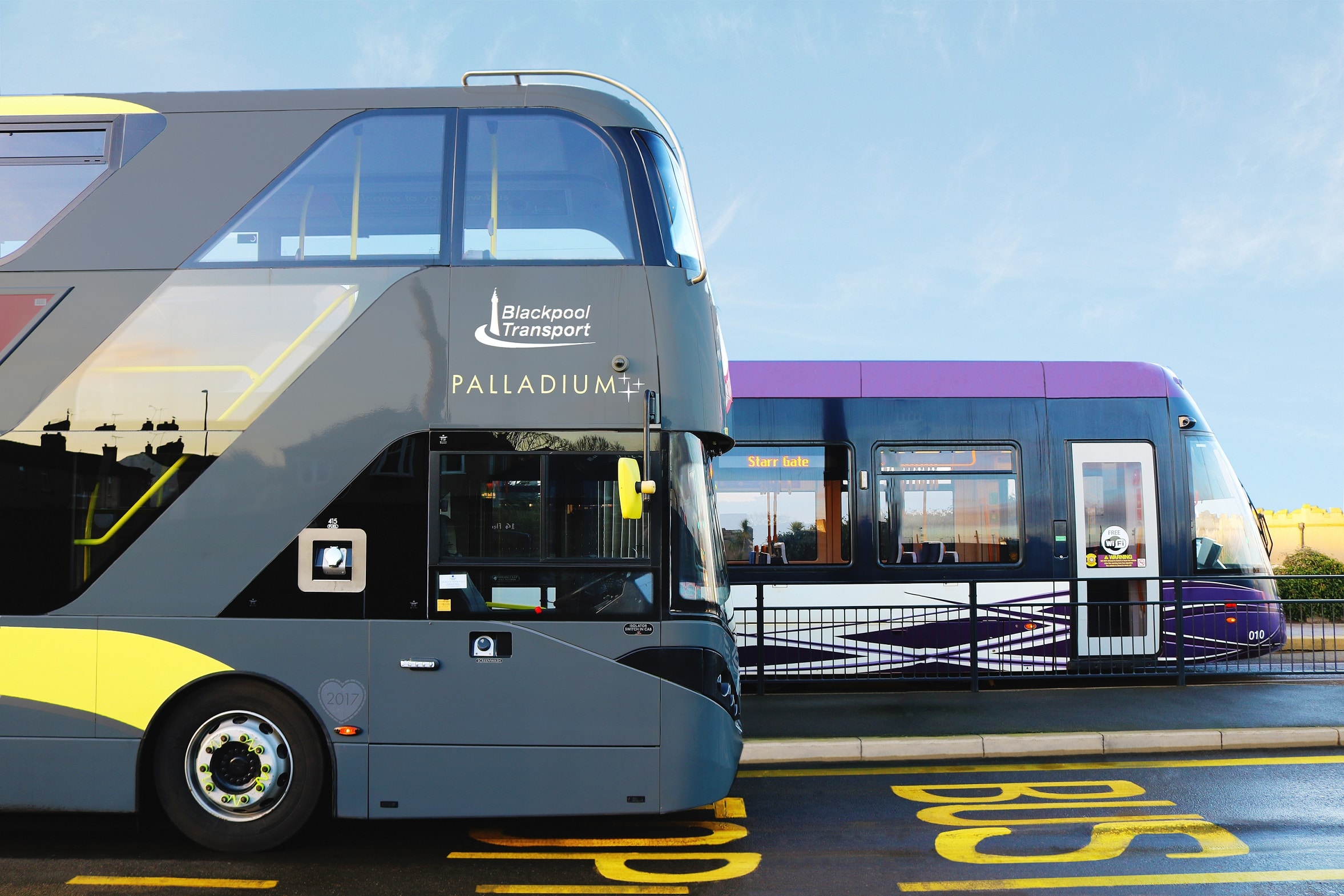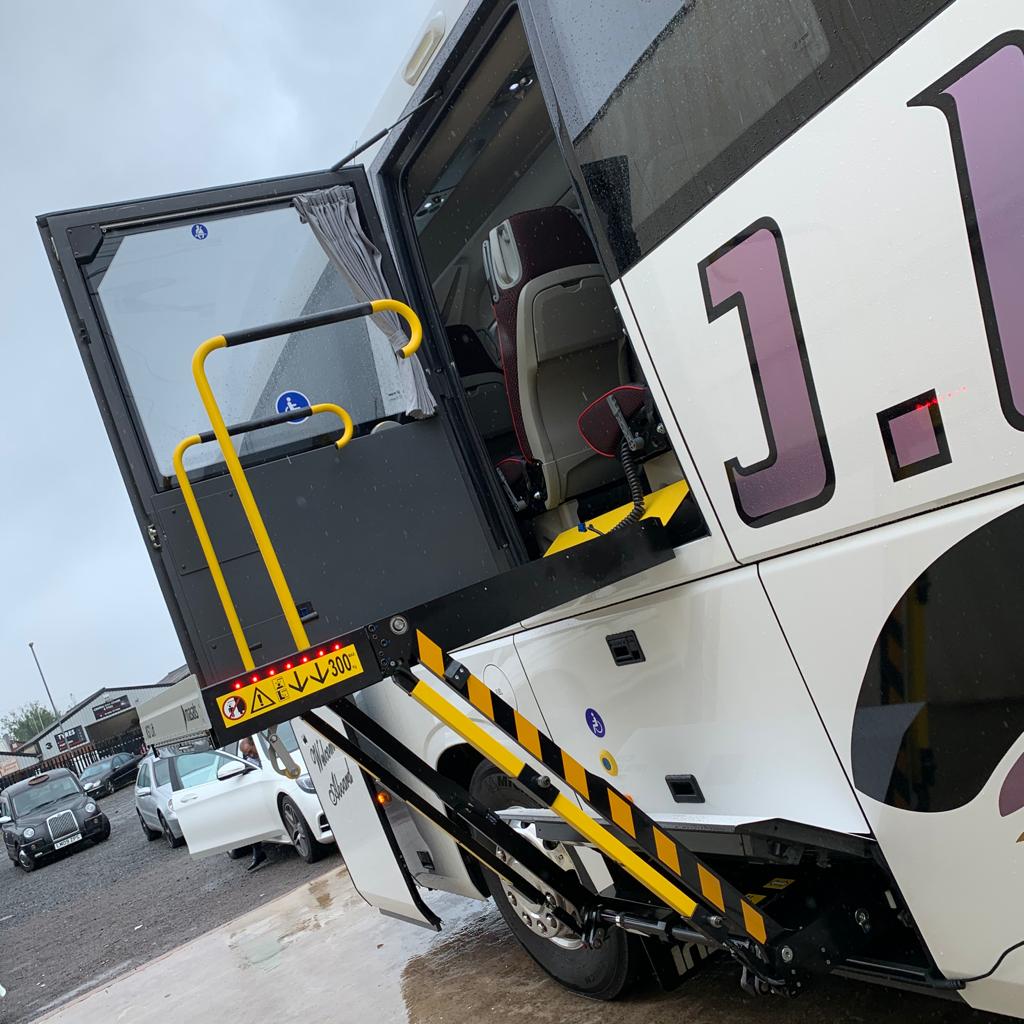Make your business more attractive by knowing what staff prioritise, operators say
Understanding the changing nature of the labour market, managing long- and short-term pressures, and providing transparency to employees were key messages from the Recruiting and Retaining Excellence within the Bus and Coach Sector session of the CPT Bus and Coach conference – but there is as yet no firm panacea on how to tackle the current challenges of recruitment.
Advice came primarily from Candice Mason of Masons Minibus and Coach Hire, and Shane Grindey, Head of Marketing and Commercial for Blackpool Transport.
Mrs Mason, who recently founded a trainee driver programme, highlights three issues to tackle as a small family business: Retaining staff, managing staffing needs short term during a driver shortage, and managing growth plans and a long-term vision.
While wages were highlighted in feedback from employees during a survey, Mrs Mason suggests rising wages as a “kneejerk” reaction may not necessarily attract the right sort of employees into a business. Instead, a pay scale, based upon skills (where salaries scale with experience and ability) might prove a more valuable way to find drivers. “We want to pay people the highest salary because it means that they are doing the very best job they can for us,” says Mrs Mason.
Retention of staff is “easier to manage” she adds. That can be achieved by asking staff what they want, and balancing this against what the company can realistically deliver by working together. She counters this with the reality that “short term pressures are slightly more challenging.” Mrs Mason also points out that operators must accept that the COVID-19 pandemic has changed people’s thought processes on how they want to work, and that the days of coach drivers working “the maximum amount of driving hours”, starting early and late “are coming to an end… I don’t think young people coming into this industry want that.”
Speaking for the bus industry, Mr Grindey admits that while Blackpool Transport has “few answers” to the challenges being discussed, he highlights the challenge that Blackpool Transport faced when it lost approximately 17% of its workforce during the pandemic. “People value their family time more, work-life balance is more important than ever, and people voted with their feet. Beneath all of that, money wasn’t enough,” he says.
He reveals that retaining existing colleagues became more important than ever during the pandemic, while stepping up efforts in recruitment did not necessarily yield equivalent results.
Better transparency, particularly when it comes to service disruption, a move to coaching-led development, and becoming a member of the Institute of Customer Service – adopting a retail model to integrate methods of high performing retailers into the transport industry – are among methods being taken by the operator to become an “employer of choice”.
“There are lots of things we can do a little bit differently and a little bit more of which will probably see great results,” Mr Grindey adds. “But I think the focus for us and our industry is really on looking after our people of now and our people of our future, and really changing the perception of our industry.
“We need to be inclusive, and we need to be considering whether we are attractive, because ultimately our labour market is commanding a better work-life balance and we need to find a way to give it to them. We can’t be stuck in an era of stagnant rosters, and I appreciate that ultimately many of our operator colleagues work across 24hrs – that’s difficult to translate into a healthy work-life balance for everybody, but we need to be innovative – it’s now or never to find those answers.
“We of course need better coach, bus, rail interconnectivity to make it easier for our customers to travel, to make it a more attractive and appealing industry, and ultimately bring some of our customers in as colleagues.”




























